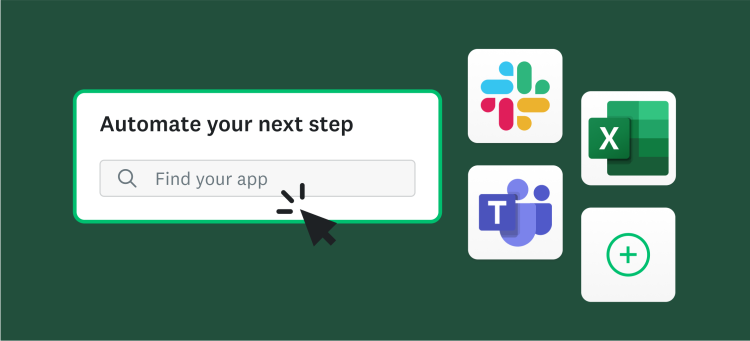If you’ve got an idea for a new product, an effective way to find out if your concept’s got potential is by sending a new product development survey to your target market.
Chase Hughes, founding partner of a service that writes business plans for startups, has great advice for companies on the best questions to ask for product development.
The stage is all yours, Chase!
Say you’re responsible for introducing a new product into the market, like a software package that helps working parents manage their busy schedules. At first glance, doing research to fully understand what markets to target, how to set prices, and how to access consumers can be daunting.
Plus each product—such as your hypothetical scheduling software—has unique issues to address. So with all of these questions to think about, where do you begin? How can you identify key issues to set product goals?
Test any aspect of your product with ease
SurveyMonkey Audience lets you collect feedback from your target market in a matter of minutes.
In order to point you in the right direction, here’s a list of some of the best questions to ask for product development:
What are the demographics of my target consumer?
Understanding the market you’re catering towards is a great way to make your surveys more effective. Even if your business hasn’t launched a product yet, surveying your potential customer demographics on their thoughts and usage habits can still bolster your product’s release.
In our schedule management software example, some families may already have a nanny or secretary to handle schedules. Other demographics may not have busy enough schedules to use your product, or not have enough money for it to be a reasonable purchase. Identifying your target consumer is the first step to collecting meaningful survey data and successfully developing a product.
How do my target consumers currently use my product?
If you don’t already have a product, answering this question may involve discovering what problems consumers have with similar existing products on the market. Knowing these points of value can help your business focus on the qualities that are most important. If your business wants to add complicated features to the product yet your customers prefer a simplified experience, that’s valuable time and money lost.
What problems can I solve that my competition cannot?
This question is your classic competitive advantage—it’s the secret sauce in your product recipe. In our scheduling software example, the software may be faster and easier to use than a paper schedule, as well as cheaper than hiring a secretary or assistant. A paper schedule can be fragile and requires continual hand-entry, and an assistant can be expensive.
Surveying customers about why they prefer to use your product helps your business understand its advantage, or get your Net Promoter® Score and compare against your biggest competitors. With this information you can confidently introduce new features or improve existing ones.
What do my customers dislike about my product?
While it’s useful to find out what your customers enjoy about your product, some of the most important information you can gather is what customers dislike. Sometimes the best questions to ask for product development are the easiest to answer, too, as many customers aren’t shy about voicing their concerns.
Having a customer feedback system or well-placed survey on your website cancellation page can allow for useful feedback and insights.
What ideas do customers have to improve my product?
Ordinary customers have plenty of great ideas to improve your product, since they’re the ones using it the most. Surveying customers regarding improvements not only provides valuable insight, but also helps them feel engaged and more invested in your product. Addressing this question also shows a genuine interest in your customers, which is always appreciated.
The best questions to ask for product development aren’t limited to these five points, but they are useful in determining how to effectively apply surveys to your product and move forward. Asking yourself these questions and collecting the resulting survey data can help you acquire more meaningful insights. That said, your product is unique, so don’t be afraid to test and be dynamic with your questions!



